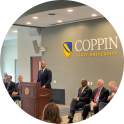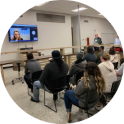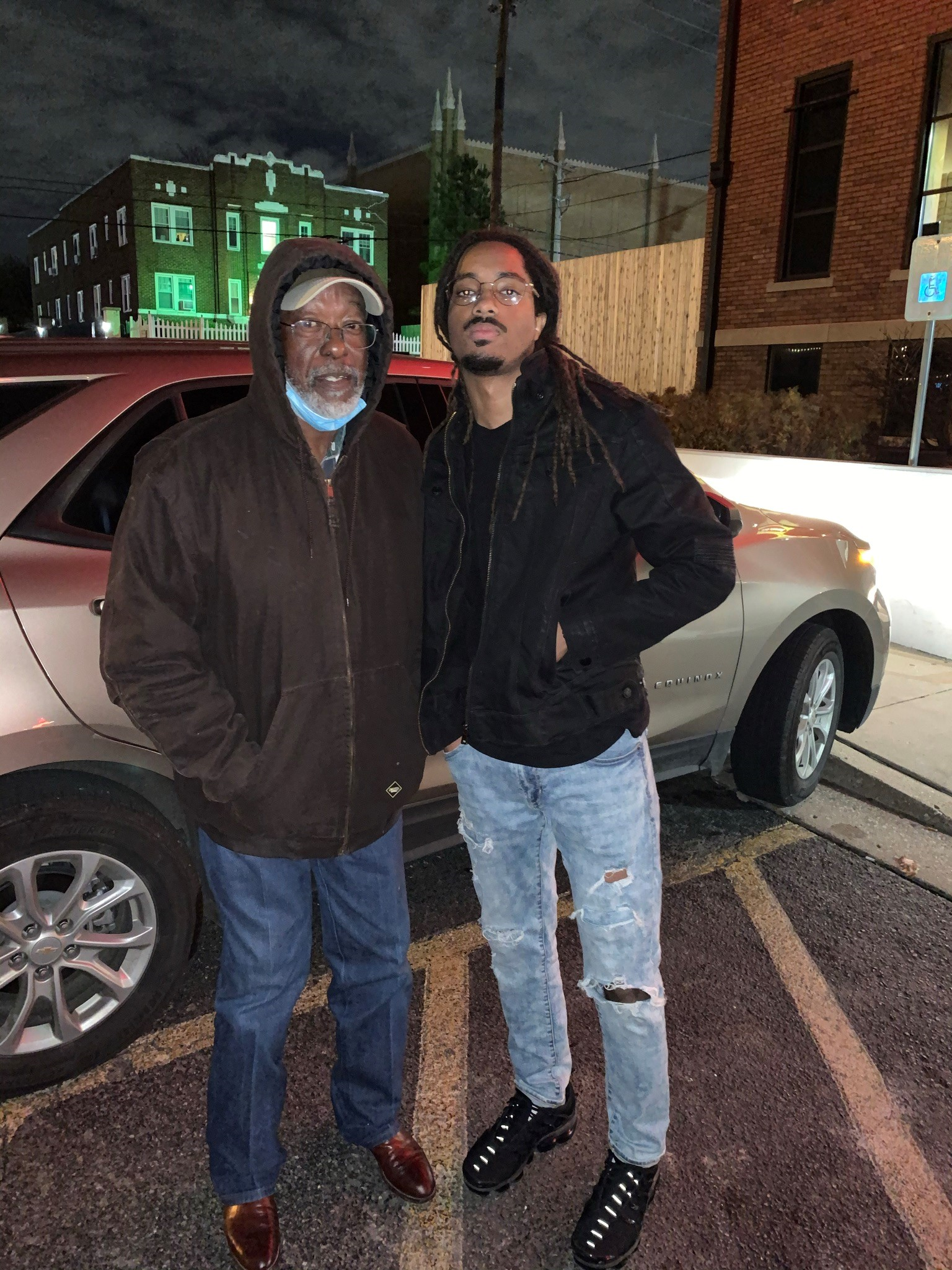Demonstrating compliance with the Buy America requirement
Will Arbuckle, Senior Policy Advisor, NTIA
The Connecting Minority Communities Pilot Program is a $268 million grant program to Historically Black Colleges and Universities (HBCUs), Tribal Colleges and Universities (TCUs), and Minority-Serving Institutions (MSIs) for the purchase of broadband internet access service and eligible equipment or to hire and train information technology personnel.
NTIA’s Connecting Minority Communities Pilot Program grant (CMC) is currently in the post award phase period, providing technical assistance and programmatic oversight of the awards. The funding from this Internet for All grant program was made on a rolling basis, awarding grants to 93 universities including: 43 Historically Black Colleges and Universities, 31 Hispanic Serving Institutions, 21 Minority Serving Institutions, and 5 Tribal Colleges and Universities. The funding received by the colleges and universities allows these institutions of higher learning to positively impact the broadband capacity of their campuses, students and faculty, and surrounding anchor communities, assisting to close the digital divide and provide Internet for All.


Find information, technical assistance, and documentation to help manage your award.

See all of the announced award recipients, the award totals, and locations for this grant program.

Need assistance with our programs? Visit our program support page for information about who to contact for each funding program.

Keep up with all of the latest news and updates for this program. Visit the Press Release page.

Need documents from past stages of the program? Visit the program archive for past FAQs, program documentation, and assistance sessions.
Will Arbuckle, Senior Policy Advisor, NTIA
As states begin to implement the Broadband Equity, Access, and Deployment (BEAD) program, NTIA and states are working to ensure that there is a skilled and ready workforce to address forthcoming construction needs for high-speed Internet deployment. Minority Serving Institutions (MSIs) are getting ready for this demand by developing apprenticeship and training programs to equip students with the skills they need to access higher and better paying jobs that will also support critical Internet infrastructure.
Interview is translated from Spanish
Ten-year-old Miguel Alvarez is putting his new digital literacy skills to an unexpected use: writing stories about his need for a brother.
“It is boring only having sisters,” Miguel, who has four sisters, explained.
The Connecting Minority Communities Pilot (CMC) Program is a $268 million grant program to Historically Black Colleges and Universities (HBCUs), Tribal Colleges and Universities (TCUs), and Minority-Serving Institutions (MSIs) for the purchase of broadband internet access service and eligible equipment or to hire and train information technology personnel.
By Margaret Harding McGill, NTIA
Phashad Williams is taking the first steps toward putting a new spin on his grandfather’s legacy.
Williams’ grandfather Harold Cottrell was the first Black line supervisor for an electric company in Oklahoma and was also one of the first Black Journeyman in the state.

by Margaret McGill
Gabriel Tahy lives in the middle of Navajo Nation – surrounded by mesas and close to the family members who help him learn more about Navajo culture and traditions.
But living on the reservation has meant sacrificing connectivity to the Internet.
When you’re on the Rez, a lot of things become less convenient – one of the things is cell phone reception and 5G service,” said Tahy, 33, who lives on Navajo Nation land near the border between Arizona and New Mexico. “But it’s home.”
By Margaret Harding McGill, NTIA
At first, Tonya Felsinger felt apprehensive about the prospect of becoming a fiber technician.
